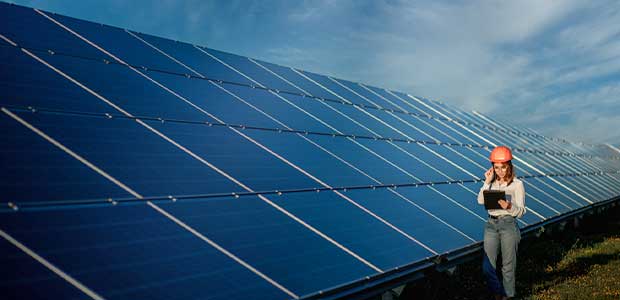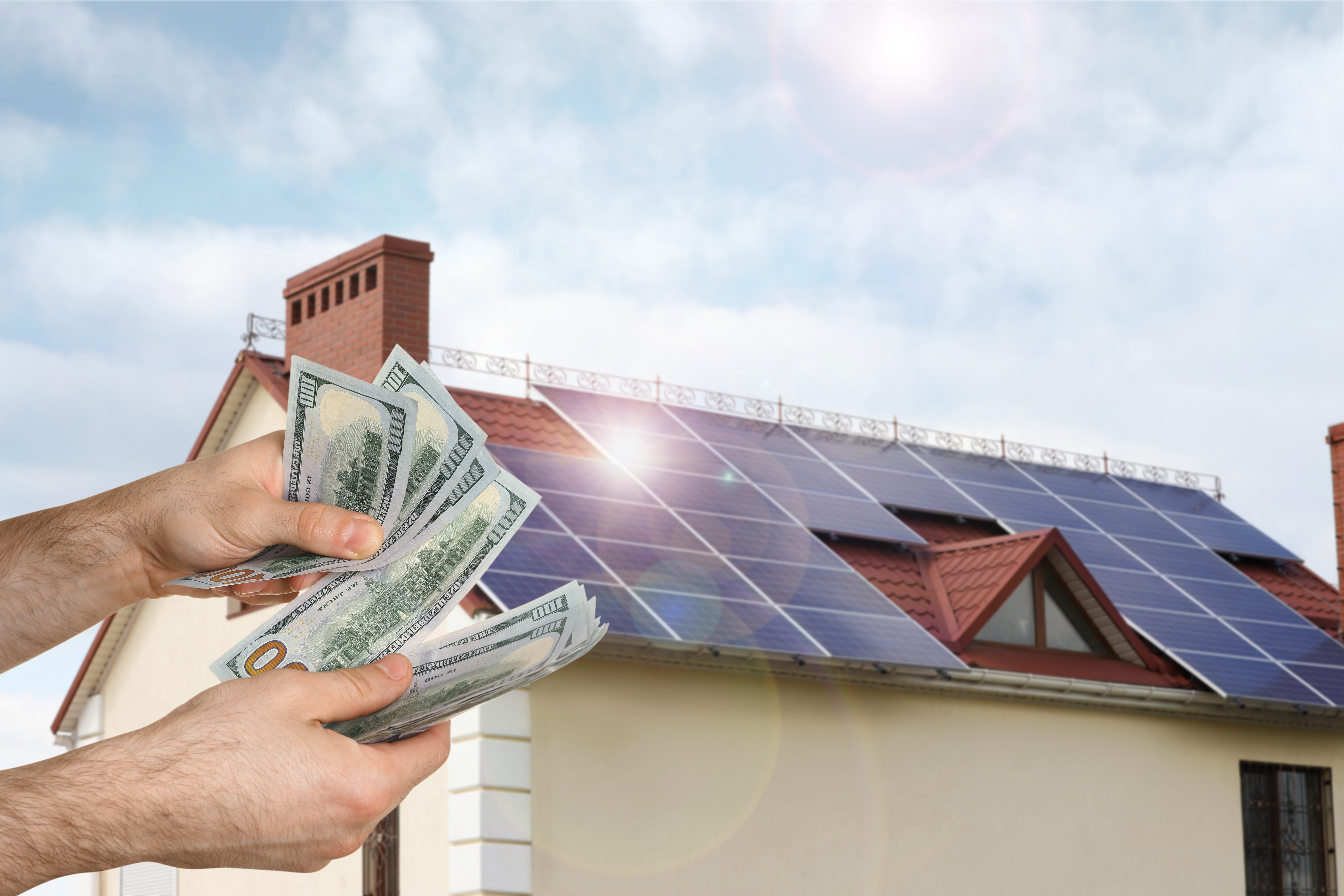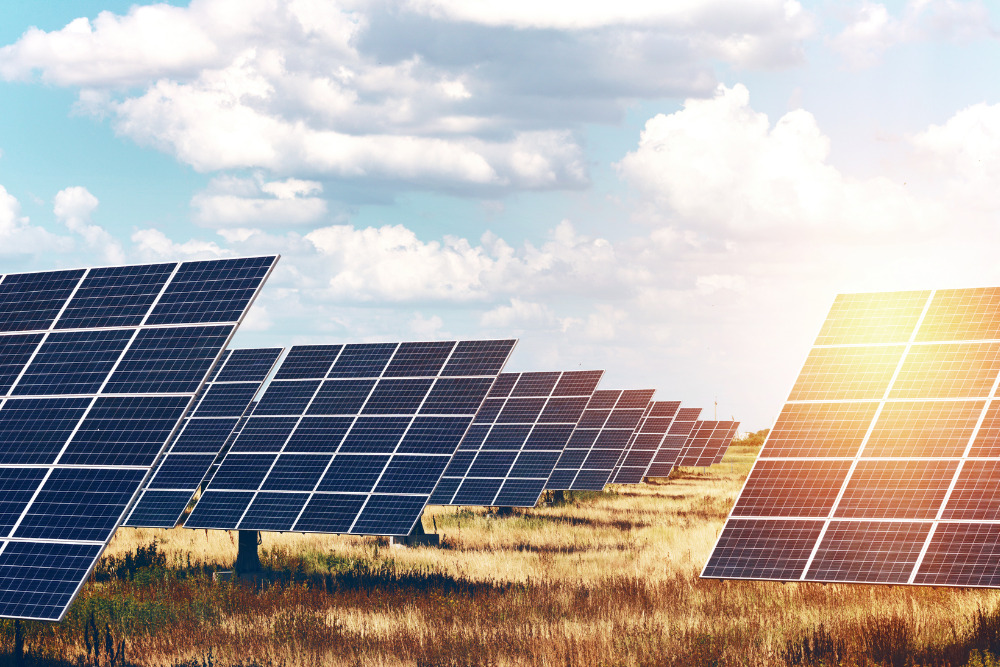Eco-Friendly Solar Power with Simply Solar Illinois – Go Eco-Friendly Today
Eco-Friendly Solar Power with Simply Solar Illinois – Go Eco-Friendly Today
Blog Article
Solar Energy 101: A Novice's Guide to Sustainable Power Solutions
As the world progressively shifts in the direction of lasting energy options, comprehending the fundamentals of solar energy comes to be essential for both individuals and companies. This guide supplies a comprehensive overview of solar power, detailing the various systems readily available and the devices behind their operation. By checking out the advantages of solar technology, along with the financial incentives and installation processes, one can gain a clearer perspective on just how to effectively incorporate this renewable energy into their power technique. Nevertheless, the trip toward taking on solar power welcomes more assessment of the obstacles and considerations that feature it.
Comprehending Solar Power
At its core, understanding solar energy entails understanding the basic principles of exactly how sunshine can be converted into usable electrical energy. Solar power is stemmed from the sun's radiation, which can be utilized with different technologies. The key system for this conversion is the solar impact. This phenomenon occurs when sunlight strikes semiconductor products, generally silicon-based, within solar cells. The energy from the sunshine delights electrons in the semiconductor, enabling them to stream easily and generate direct existing (DC) power.

Understanding solar energy also involves identifying its ecological advantages. By making use of sunshine, we can alleviate greenhouse gas discharges and decrease air pollution, adding to a more lasting future. The developments in technology and efficiency of solar systems proceed to boost their viability, making solar power an increasingly appealing option for global energy demands.
Sorts Of Solar Energy Systems
Various kinds of solar energy systems are frequently utilized to harness solar energy for electricity generation. The primary categories consist of photovoltaic or pv (PV) systems, focusing solar energy (CSP) systems, and solar thermal systems.
Photovoltaic systems make use of photovoltaic panels made up of silicon cells that transform sunlight directly right into power. These systems are functional and can be set up on rooftops, ground places, or integrated right into building materials.
Concentrating Solar energy systems, on the various other hand, utilize mirrors or lenses to focus sunlight onto a little location, generating warmth that drives a steam wind turbine to generate electrical power - Simply Solar Illinois. CSP systems are typically released in large power plants and need straight sunlight, making them less ideal for cloudy regions

Each kind of solar energy system has its distinct qualities, applications, and suitability depending upon geographic area, power demands, and budget plan, making it crucial to evaluate choices based on certain circumstances. - Simply Solar Illinois

Benefits of Solar Energy
Harnessing solar power via various systems not only offers a sustainable way to create power yet likewise supplies a plethora of advantages. One of the most significant benefits is the decrease in greenhouse gas emissions, adding to a cleaner setting and combating environment modification. Solar power is eco-friendly, indicating it is endless and offered as long as the sun shines, unlike fossil gas, which are limited and depleting.
Furthermore, solar power can lead to substantial cost savings over time. Homeowners and businesses can reduce their electrical power bills significantly, and in a lot of cases, they might make credit reports for excess energy created through net metering. Additionally, the solar sector develops tasks, from producing to installation, boosting regional economic climates.
Another engaging benefit is power self-reliance. By creating their own electrical energy, people and communities can minimize dependence on external energy resources, enhancing strength against changing power costs and supply disturbances. Additionally, solar power systems require very little upkeep, making them a convenient choice for lasting energy generation.
Setup Refine Introduction
The installment process for solar power systems typically includes several essential actions that ensure efficient assimilation right into a building. A comprehensive site assessment is conducted to assess the roofing system's positioning, shading, and structural stability, which are vital to enhancing solar panel performance. Following this assessment, have a peek here the design phase starts, where a customized solar power system is set up based upon the house owner's power requirements and preferences.
Once the style is completed, the required permits and approvals are obtained from local authorities, ensuring conformity with regulations. The real installment entails placing the photovoltaic panels on the roof covering or ground, attaching them to an inverter, and incorporating the system with the home's electrical setup. This stage may likewise involve installing battery storage systems, depending on the design.
After installment, a thorough evaluation is conducted to validate the system's capability and security. Finally, the system is appointed, and house owners are informed on its find more info operation and upkeep. With the installation full, the solar power system can begin creating renewable resource, adding to sustainability and reducing energy expenses. This structured technique ensures that planetary systems are both efficient and trusted, maximizing their lasting benefits.
Financial Motivations and Savings
Checking out the economic incentives and cost savings linked with solar power systems can substantially boost the allure of making the switch to sustainable power. Various rewards exist at government, state, and local levels, created to lower the initial expenses connected with solar installment. One of the most noteworthy rewards is the government solar tax obligation debt, which allows house owners to subtract a portion of their solar system setup expenses from their federal taxes. As of 2023, this credit score stands at 30%, giving significant cost savings.
Along with tax credits, lots of states use discounts that can better decrease ahead of time expenses. Some energy firms likewise supply performance-based rewards, fulfilling solar power manufacturing with time. Funding alternatives, such as solar fundings and leases, permit customers to set up systems with little to no deposit, making solar energy more obtainable.

Long-lasting financial savings are another essential element. try this web-site By creating their very own electrical power, house owners can significantly minimize or perhaps eliminate their regular monthly power costs. Additionally, solar systems can boost residential property values, offering a solid roi. Generally, the mix of rewards and financial savings makes solar power a financially appealing option for lots of families.
Final Thought
In conclusion, solar power stands for an important part of sustainable power options, supplying a pathway toward reduced carbon impacts and boosted environmental protection. Ultimately, the shift to solar energy not only cultivates environmental duty however also advertises financial cost savings and power independence.
Report this page